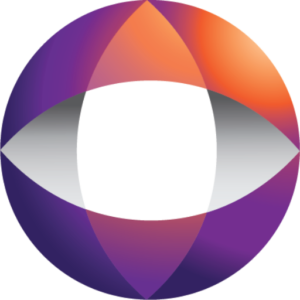This website uses cookies so that we can provide you with the best user experience possible. Cookie information is stored in your browser and performs functions such as recognising you when you return to our website and helping our team to understand which sections of the website you find most interesting and useful.
Student opportunities
Deciphering inherited retinal diseases
This project aims to learn about retinal structure and function in different inherited retinal diseases and their natural progression.
Project title: Deciphering inherited retinal diseases
Supervisors: A/Prof Lauren Ayton, Dr Tom Edwards, Dr Ceecee Britten-Jones
Email: layton@unimelb.edu.au
Suitable for: MSc, PhD
This project aims to learn about retinal structure and function in different inherited retinal diseases and their natural progression.
Inherited retinal diseases (IRDs) are the most common cause of blindness in working aged adults, affecting over 2 million people worldwide. Until recently, patients with IRDs had no hope of a cure, but the advent of gene and cell therapy strategies has led to treatments that can arrest or even partially reverse vision loss. However, little is known about the natural history of most IRDs and the best ways to assess the efficacy of new treatments. These knowledge gaps are halting the development of new treatments.
The project aims to
- Evaluate the natural disease progression of different IRDs over time.
- Collect clinical and imaging data on retinal structure and function in specific IRDs to assess structure/function associations.
- Understand how different genetic variants contribute to disease in IRDs.
Data collected in this study will contribute towards the Victorian Evolution of IRDs Natural History Register (VENTURE) at CERA and the University of Melbourne, and support emerging gene and cell-therapy clinical trials.
More information about the VENTURE registry can be found here: https://onlinelibrary.wiley.com/doi/full/10.1111/ceo.14110
Techniques: Clinical assessment, adaptive optics, observational study design
To learn more or apply for this opportunity, please email Associate Professor Lauren Ayton at layton@unimelb.edu.au.

